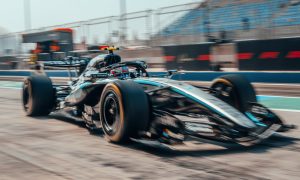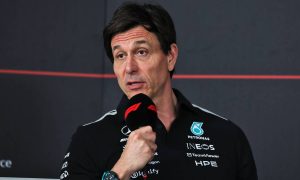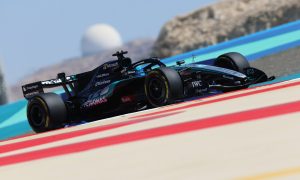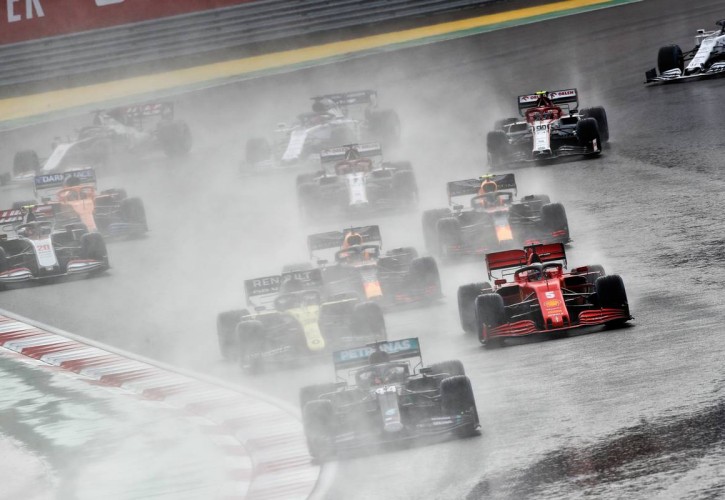
Mercedes says that it now fully understands why is had such a torrid time in the build-up to the Turkish Grand Prix - and that it won't be a factor in the remaining races of 2020.
The team’s strategy director James Vowles said that the newly resurfaced track at Istanbul Park had been very low in grip, and that combined with wet weather it left the W11 struggling to generate energy and heat in the tyres.
It meant that the teams struggled in practice and qualifying, with Lewis Hamilton only able to take sixth place on the grid for Sunday's race, almost five seconds slower than pole winner Lance Stroll. Valtteri Bottas had been three places further back.
“In Q1 when cars were on the wet tyre doing multiple laps and we weren’t poor relative to the field at that point, in fact both of our cars were in the top five,” Vowles told the team's post-race debrief video.
“But at the end of Q1, after multiple red flags, we saw the true extent of the problem. All teams, all drivers had just one timed out on wets to make it work.
“It’s about tyre temperature and getting the tyres into the correct window," he continued. "In Q2 it was a long run on wWets for everyone and again, we were offset by Verstappen by two seconds.
"In Q3 Stroll did exactly the same run plan we did, with one timed lap on wets followed by two timed laps on intermediate tyres after it was proven to be faster.
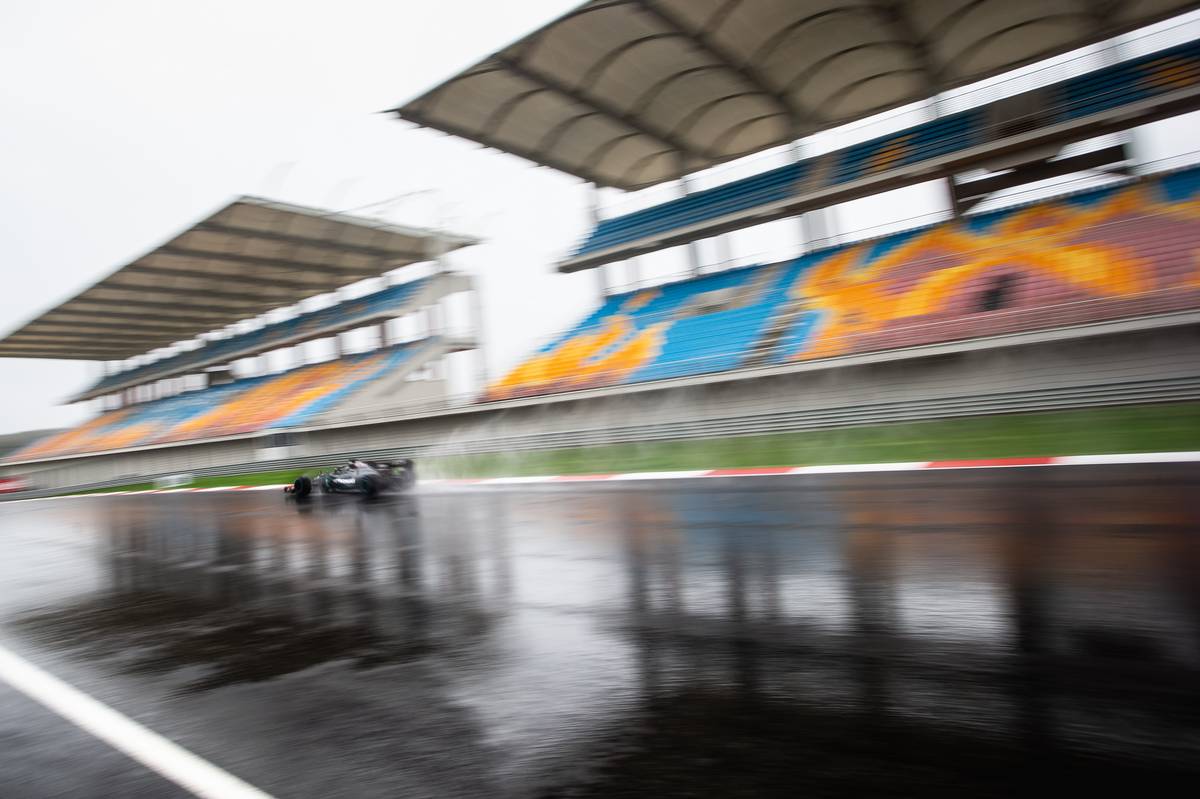
"If you dig into why, it's all about the energy that you are putting into a tyre," he explained. "The engine will produce energy as you turn and rotate the rear tyres and generate slip, the brakes will generate energy, both front and rear, and again that will go into the tyre.
“But obviously the ground is wet, and the rain is taking away energy from the tyres continuously," he added. "It's all about putting more energy in than is being taken away by the conditions.”
Hamilton continued to struggle at the start of the race but then gradually came back into contention during his long second stint on inters on a drying track. Vowles said that the high number of continuous laps meant the tyres were finally able to heat up to the required levels
Vowles said he was confident that the track and weather conditions for the final races at Bahrain and Abu Dhabi meant there would be no recurrence of the team's struggles in 2020.
But he admitted that the combination could rear its head in the longer-term future and leave the team at risk of being on the back foot again.
“In all likelihood [it] could reappear again in the near future, and we need to be prepared," he cautioned.
Gallery: The beautiful wives and girlfriends of F1 drivers
Keep up to date with all the F1 news via Facebook and Twitter




